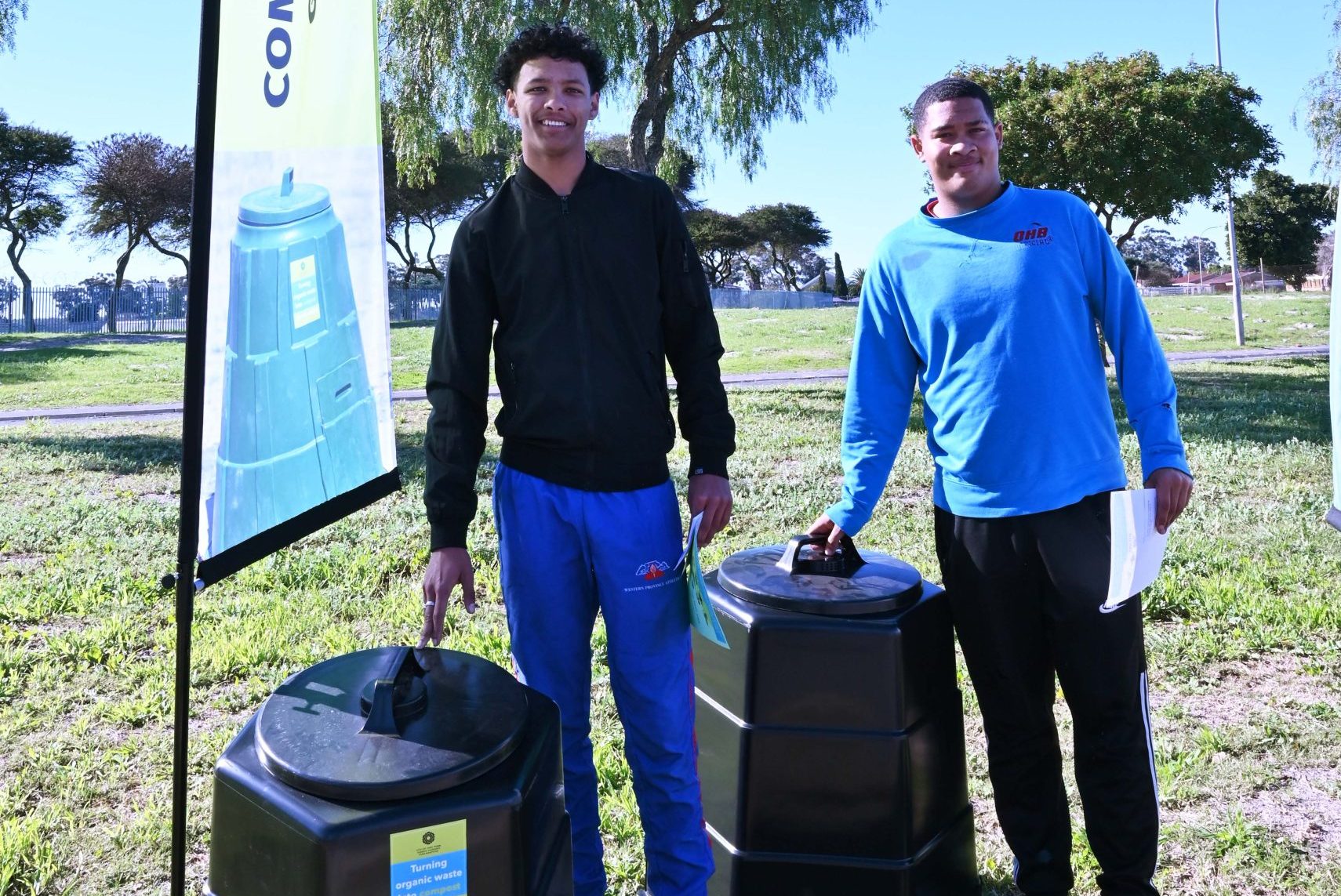Stop Food Waste Day 2024 serves as a reminder of the importance of minimising food waste, to reduce emissions that occur when food breaks down in a landfill.
Awareness about Stop Food Waste Day
This year, the City of Cape Town’s Urban Waste Management Directorate would like to use the platform of Stop Food Waste Day to highlight the top ways to reduce food waste.
“We encourage residents to report any restaurant, catering business etc. that you have reason to believe is disposing of their food waste irresponsibly on 0860 103 089,” said Mayoral Committee Member for Urban Waste Management, Alderman Grant Twigg.
By adopting simple yet effective practices, individuals, households, and businesses can contribute to a more sustainable future and help address pressing environmental challenges.
Significant contributor to human-induced climate change
When food waste (or any other organic material) decomposes in landfills, where there is no oxygen, it produces landfill gas.
READ MORE: Households worldwide waste more than 1 billion meals a day
This gas, made up primarily of methane, is understood to have a global warming potential 25 times higher than carbon dioxide, making it a significant contributor to human-induced climate change.
Key Ways to Reduce Food Waste at Home:
- Rethink your approach to food: If we think about the energy, water and nutrients which has gone into producing the food we buy, and thus view it as a valuable resource, we will begin to view it as something not to be wasted.
DOWNLOAD: Toolkit About Stop Food Waste Day
- Plan Meals Mindfully: Planning meals in advance can help reduce the likelihood of overbuying or preparing more food than necessary. By creating shopping lists based on planned meals, residents can minimise impulse purchases and ensure that ingredients are used efficiently.
Twigg added, “‘There is a growing organic waste beneficiation sector in Cape Town, turning organic waste into a variety of useful products such as compost or insect feed, and the City would like to help link offending businesses up with a suitable organic waste solution for them.”
- Store Food Properly: Proper storage of perishable items, such as fruits, vegetables, and dairy products, can prolong their freshness and prevent spoilage. Utilising airtight containers, refrigeration, and labelling containers with the date can help extend the shelf life of food items.
- Embrace Creative Cooking: Transforming leftovers and surplus ingredients into new dishes is a great way to minimise food waste. Embrace creativity in the kitchen by experimenting with recipes and incorporating leftover ingredients into soups, stir-fries, salads, and casseroles.
Additional Ways to Reduce Food Waste:
- Only dish up what you plan to eat: Each person in the home (except for small children) should dish up their own plate, and should only take what they plan to eat. This will avoid half-finished plates of food being thrown away, because they can’t be decanted back into the main serving dish, due to contamination.

- Understand Date Labels: “Best before” refers to the freshness date. It tells you how long the product will be at its best flavour and quality. The “expiry date” or “use by” date, however, tells consumers the last day a product is safe for consumption. Understanding the difference is key when buying your weekly groceries.
He elaborated, “The City’s Urban Waste Management Directorate encourages everyone to join this effort and work to reduce your food waste over the next 365 days. Together, we can create a more resilient city and planet and allow future generations to thrive.”
- Support Food Redistribution Initiatives: Supporting local food banks, shelters, and community organisations can help redistribute surplus food to those in need. By donating excess food items, individuals and businesses can contribute to reducing food insecurity and combating hunger in our communities, while at the same time reducing their impact on the planet.
DOWNLOAD: Free Cookbook from Stop Food Waste Day
- Home Composting: Home composting is a sustainable way to manage organic waste and enrich soil health. By composting fruit and vegetable scraps, coffee grounds, eggshells, and other organic materials, residents can divert waste from landfills and produce nutrient-rich compost for gardening and landscaping.
Organic waste regulations for business
Residents should also note that the City has aligned itself with the Provincial organic waste diversion target, and as part of this alignment, requires businesses to reduce their organic waste (including food waste) by 50% immediately, and 100% by 2027.
THIS ARTICLE WAS COMPILED BY THE MEDIA TEAM OF THE CITY OF CAPE TOWN



